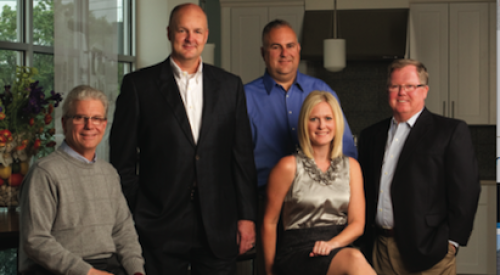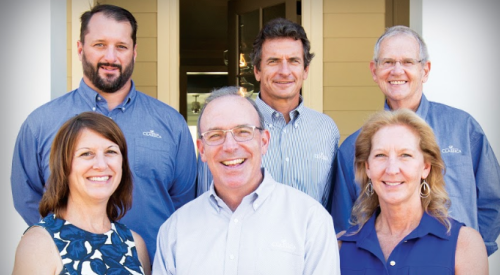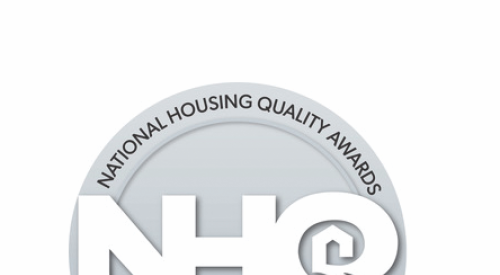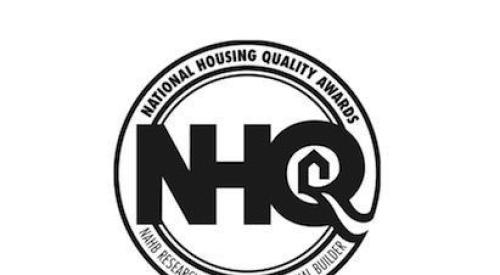| Dean Horowitz, Publisher |
The National Housing Quality Awards are given out during Professional Builder’s annual Benchmark program. This year, two gold and one silver award were presented, demonstrating the achievement of Malcolm Baldridge standards in three home building businesses.
This award has no peer. It is based on the highest levels of performance in Leadership, Strategic Planning, Customer Satisfaction, Performance Management, Human Resources, Construction Quality, Supplier Partnerships and Business Results - eight categories of required excellence. Part of the honor of winning NHQ is that there is not a mandatory requirement in the program’s charter for a winner every year. To win this award means a business has hit its marks and is running on all cylinders.
The reason I bring it up is that the winners I spoke with are honored to win, but are still obsessed with the need for improvement in aspects of their companies. For them, the award is not the finish line but instead a marker on the race forward.
While we cultivate a culture of "quality zealots" in our teams, too often we seem to allow the weaknesses in the group the opportunity to illustrate who we are and, unfortunately, it usually happens in front of the home buyer. It is the weak spots that present the most exposure for us and though we may believe in our quality systems, it is their appearance that drags down our morale and our faith in accomplishing anything of quality.
The award victories serve as marketing opportunities and a pat on the back. The real driver is the internal desire to achieve what you can smell and taste: the attainment of that elusive Quality.
It seems the better we get at our jobs, the more painfully the less than perfect is felt. When placed in perspective, the flaws are minor and can be fixed, but the sense of defeat is felt dramatically.
What must be remembered is that Quality is about achieving perfection. Perfection, no matter what our beliefs or perspective, is desired by humans, although it is elusive and ultimately impossible. Even the universe is undergoing continual change as we selfishly seek to keep up in its continual strides toward perfection.
If we look at our companies as if each were a computer program designed to learn as it goes, then: Each time it completes a task, it learns from its mistakes and builds upon its ability to execute well and quickly. As long as the computer continues to learn and improve, it serves its mission. If it evolves to the point of errorless execution, then it will no longer exist. It will hit a stalemate in functionality and have no choice but to expire.
Our role as leaders is to continue to improve, to strive for perfection and not to settle. The driving force may be our absolute desire to achieve consistent delivery of something that our teams are so capable of obtaining. We refuse to consider that perfection is not within our grasp when so many aspects of our business demonstrate they can be done so well. We experience the delight of quality in one area and it makes us hungrier for it in all. We have a teammate that performs at top levels so we become discouraged when others do not meet that degree of execution.
We rarely want what we have - that would be settling - and desire only what is slightly out of reach. It would be healthy to say we make mistakes and learn from them to do the job better. Better yet, we reward the mistakes we learn from. It may even be possible to say our pursuit of perfecting is perfection in itself.
We all would be better off if we accepted what we have, who we are in the here and now. But is it our job as leaders to do anything less than push - especially when the goal is so close?












